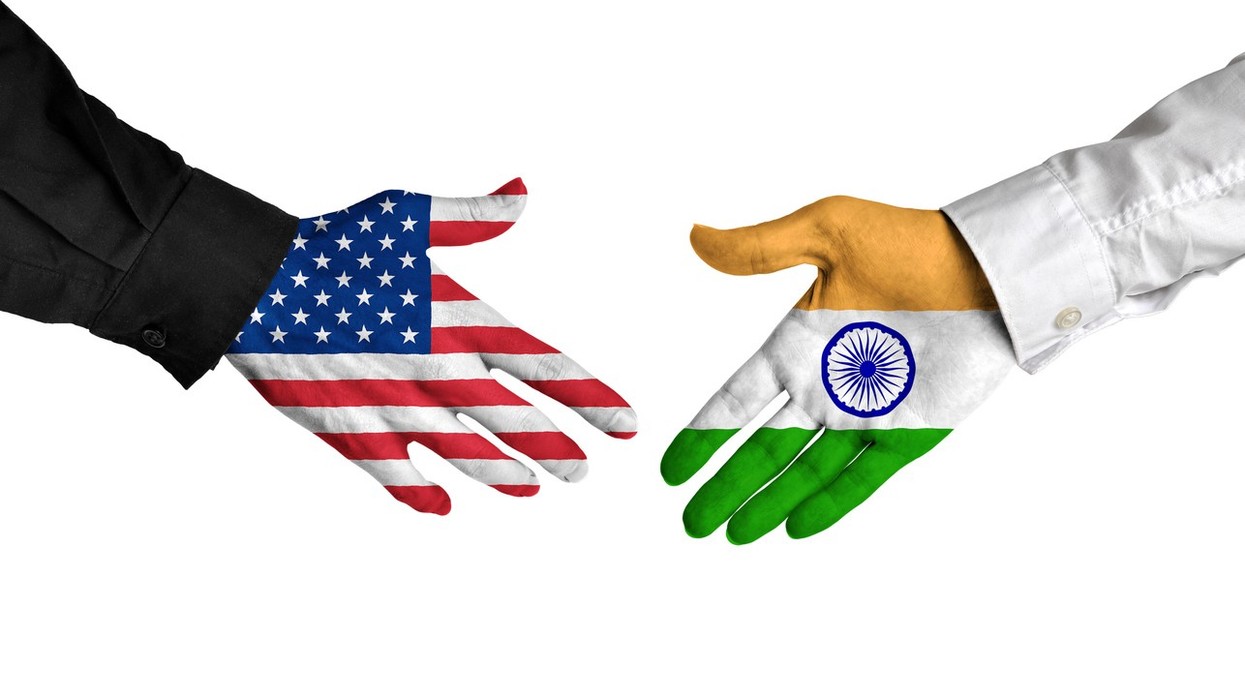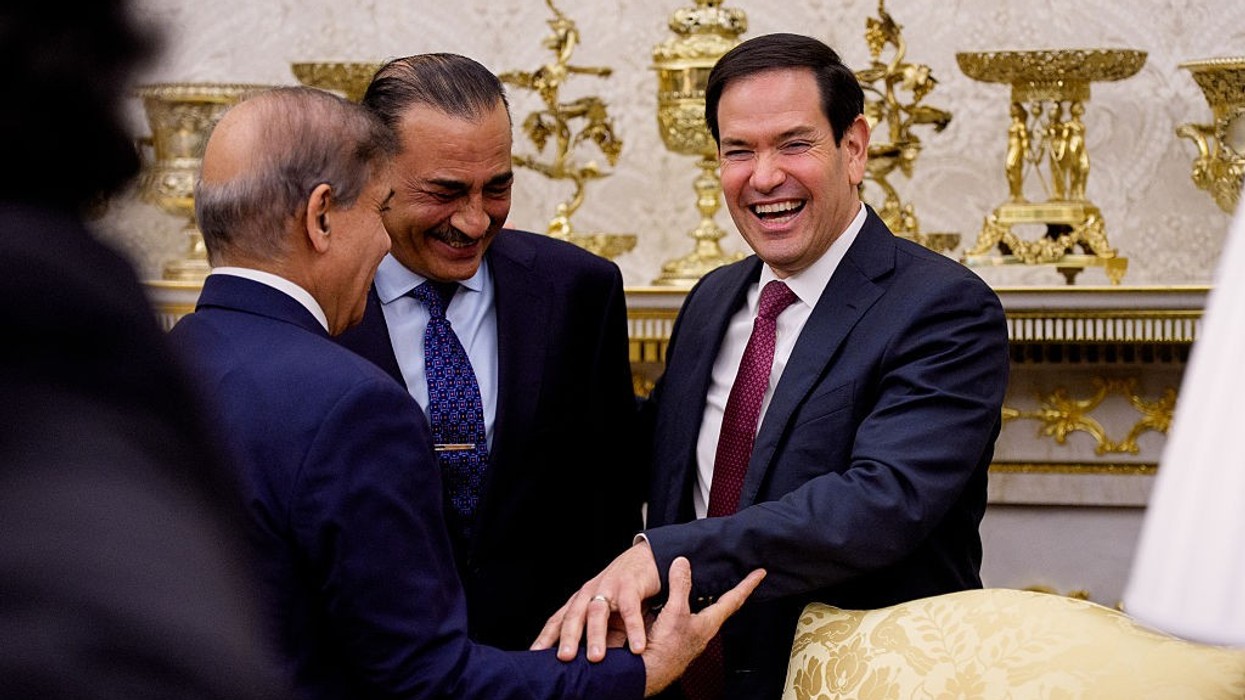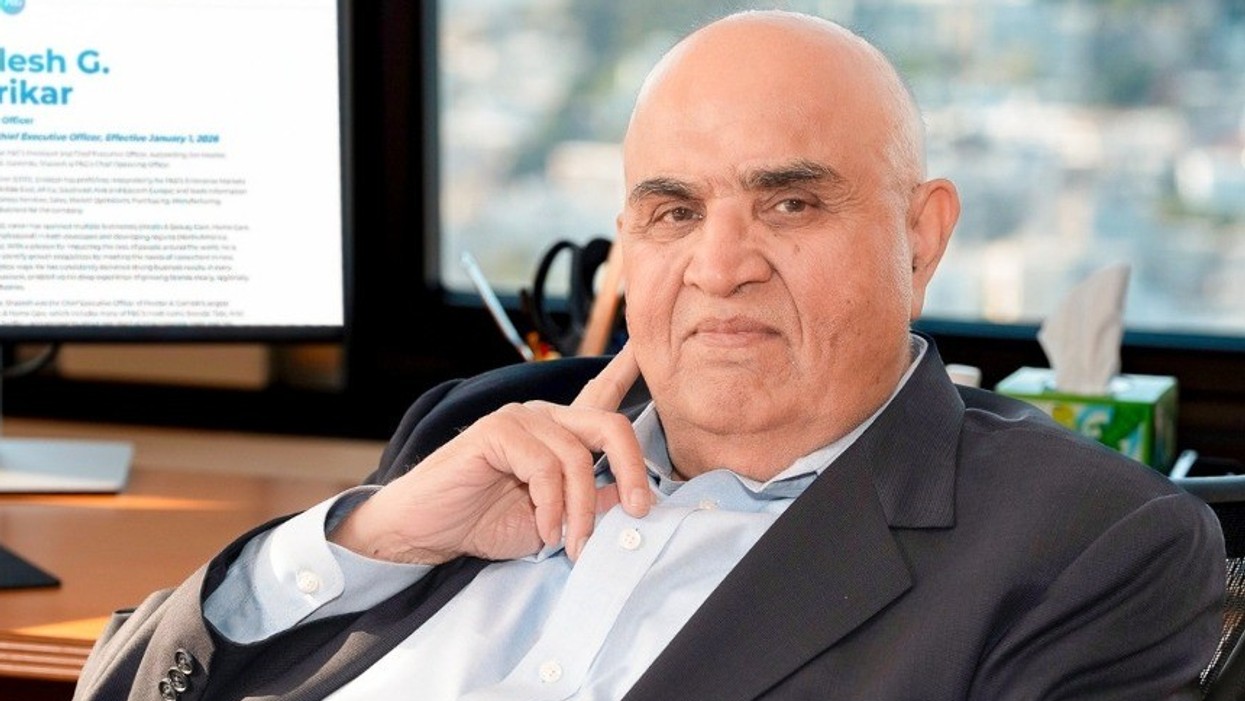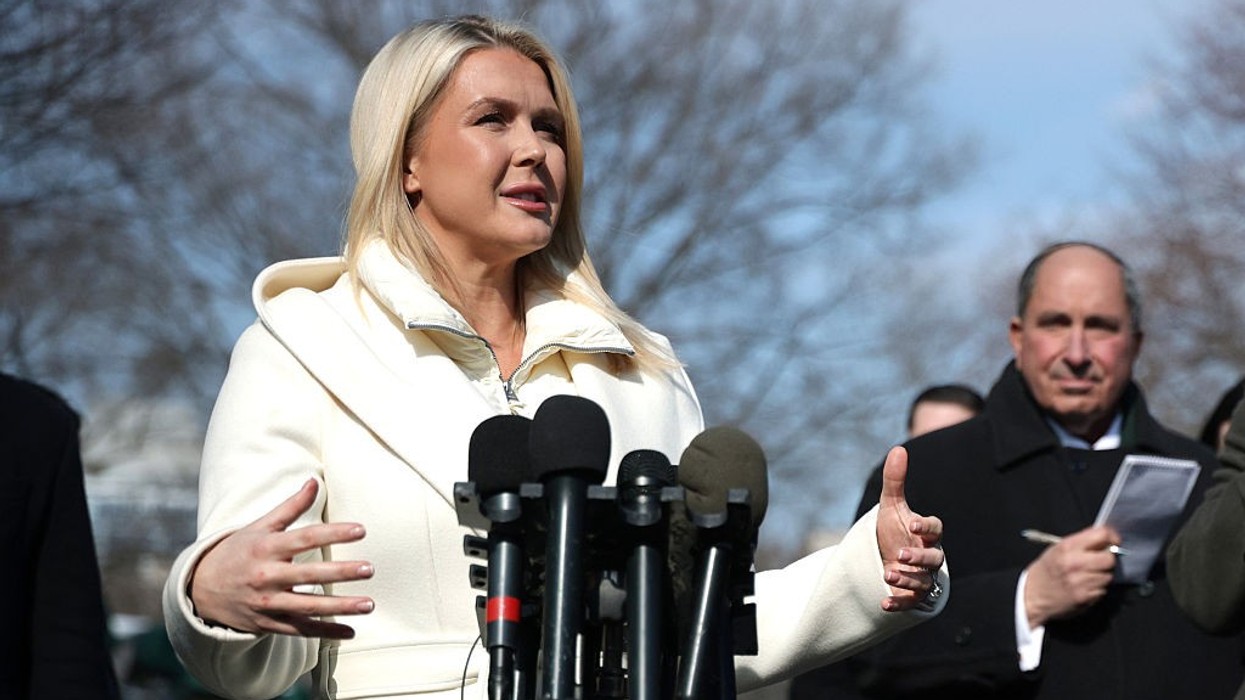As tensions ease along the India-Pakistan border, senior military officials from both nations are scheduled to hold discussions on Monday, aiming to stabilize relations following a US-brokered ceasefire. The ceasefire, announced on Saturday (10) after four days of heavy cross-border firing, has temporarily calmed the volatile situation in the Kashmir region.
The Indian Army reported no fresh violations overnight, calling Sunday (11) the first peaceful night in recent days, although some schools near the border remained shut.
The ceasefire followed a deadly escalation that began after India blamed Pakistan for a brutal attack on April 22 that killed 26 tourists. In response, India carried out strikes on nine suspected terrorist infrastructure sites across Pakistan and Pakistan-administered Kashmir.
However, Pakistan has denied involvement in the attack and insisted that the Indian strikes targeted civilian areas. Islamabad has demanded a neutral international investigation into the matter.
India's military confirmed that a "hotline" message was sent to Pakistani counterparts on Sunday (11), highlighting ceasefire violations and warning of retaliatory measures if provoked again. Despite these accusations, Pakistan’s military has denied any wrongdoing. According to India's foreign ministry, both nations' director generals of military operations are expected to speak at noon Monday.
While Islamabad has welcomed US President Donald Trump's intervention in facilitating the ceasefire and offered support for international mediation on the Kashmir dispute, India has remained firm in its position. New Delhi insists that any resolution must be achieved bilaterally without third-party involvement, in line with its longstanding diplomatic stance.
The conflict's economic impact has also been significant. On Monday (12), Pakistan halted trading for an hour after its benchmark stock index surged nearly 9 per cent, recovering from steep losses triggered by last week’s military tension. Meanwhile, Indian stock markets rebounded by 2.5 per cent, recouping some of the $83 billion wiped out in the days prior.
Adding to the economic optimism, the International Monetary Fund approved a $1.4 billion loan to Pakistan on Friday as part of its climate resilience fund and cleared the first review of its broader $7 billion programme.
Politically, the situation has stirred demands for transparency within India. The opposition Congress party, which had initially supported Prime Minister Narendra Modi’s response to the attacks, has now called for a special parliamentary session. Congress leader Sachin Pilot urged the government to clarify its stance on the ceasefire and the role of the U.S. in the Kashmir issue.
As the two nuclear-armed nations prepare for dialogue, the world watches closely. Both India and Pakistan claim the Himalayan region of Kashmir in full but govern separate parts. India accuses Pakistan of supporting the ongoing insurgency in its territory since 1989, while Pakistan claims it offers only diplomatic and moral support to Kashmiri separatists.















